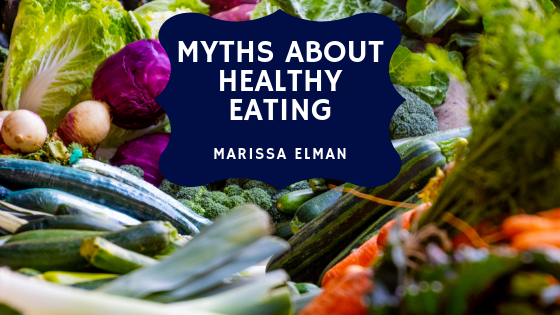There are a lot of food and nutrition myths that can mislead individuals and ultimately result in poor health. At the very least, many of these food myths compel people to restrict their options and miss out on foods that are not as bad as they are made out to be. Unfortunately, many people still believe these myths and avoid eating perfectly healthy foods. Here are some common food and nutrition myths that have been debunked.
Eggs get a bad name that is totally undeserved. Yes, they are high in cholesterol. However, countless scientific studies have shown that the high cholesterol content in foods such as eggs does not actually raise cholesterol levels. The real problem is foods that are high in saturated fat and trans fats. Eggs are also high in protein and many other vitamins and minerals. The myth that eggs are unhealthy and can raise your cholesterol levels is completely false. Eggs are actually a healthy food that should be a staple in most diets.
The tendency to avoid consuming butter and using margarine instead is the result of another common food myth. People believe that margarine is better because it contains no saturated fat and cholesterol. The problem is that many margarine brands contain trans fats. These kinds of fats are highly damaging to your health and should be avoided. It is better to eat natural butter than margarine laced with trans fats.
Coffee has a myth attached to it that it will make people lose fluids. The loss of fluid can then cause dehydration. It is correct that coffee is a diuretic, which means it causes people to urinate. The diuretic effect of coffee is negligible, however. This means that drinking several cups of coffee a day will not dehydrate anybody. Coffee can be enjoyed without ever worrying about becoming dehydrated or losing fluids. Other beverages have been labeled as harmful for similar reasons, but the only fluid that will actively dehydrate anyone is that which contains alcohol.
Many people believe that eating raw, fresh fruits and vegetables is always the best way to get the most nutrients. This is not always the case, however. Cooking carrots, for example, actually increases their nutritional value. It is also obvious that some foods should only be eaten when cooked, such as potatoes. A raw diet has some benefits, as addressed in a previous post, but not all foods can or should be consumed when raw.
Frozen and canned foods have a bad reputation when it comes to nutritional value. The most prominent myth surrounding them is that they lose nutrients when frozen and are not as healthy as their fresh counterparts. In reality, even the fresh fruits and vegetables you find in the supermarket have probably lost a significant amount of nutrients while traveling for days or even weeks to the supermarket. Frozen and canned fruits and vegetables are still highly nutritious and can be a part of a healthy diet.


